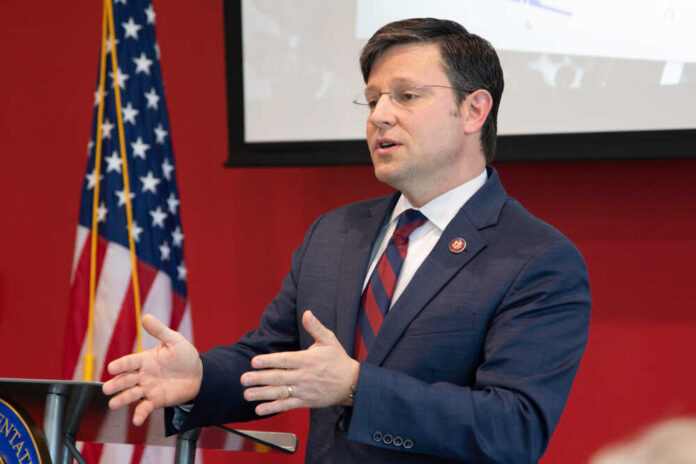After months of bipartisan deliberations, the United States’ illegal immigration crisis reached a peak earlier this month when a plan that aimed to address some of the key issues leading to the border problem was rejected by Republican senators.
According to the White House, these improvements would make the border more secure than anything the country has seen in decades. The plan was deemed a failure on many fronts.
House Speaker Mike Johnson (R–Louisiana) argued that it would encourage more illegal immigration and fails in every single area necessary to defend our border.
The bill’s expansion of work permissions for illegal immigrants is only one of its several problems. It also fails to include necessary amendments regarding asylum. Worse still, provisions permit illegal immigrants’ release from custody and would amount to an amnesty.
Republican Attorneys General have contested this approach.
Opponents of the measure, such as America First Legal’s VP and counsel Gene Hamilton, claimed that the Biden administration is already breaking the law for ideological reasons and the Senate bill would give Biden more cover to expand his catch-and-release policies.
The present policy mandates the capture and detention of foreigners and also a catch-and-release program for most. According to Hamilton, this would lead to a bureaucratic nightmare that would further impede immigration enforcement, give Biden’s ‘insane’ ideas legitimacy, and leave the border considerably weaker than it is now.
Josh Blackman, a law professor at the South Texas College of Law Houston who specializes in constitutional law and the United States Supreme Court, posed the issue of whether or not the president is making full use of all of the tools available to him to effectively execute the law in the absence of the Senate enacting the measure.
In his statement, he said that it seems that Mayorkas, US Secretary of Homeland Security, is using broad definitions of prosecutorial discretion to avoid prioritizing removal, as the Trump administration did.














